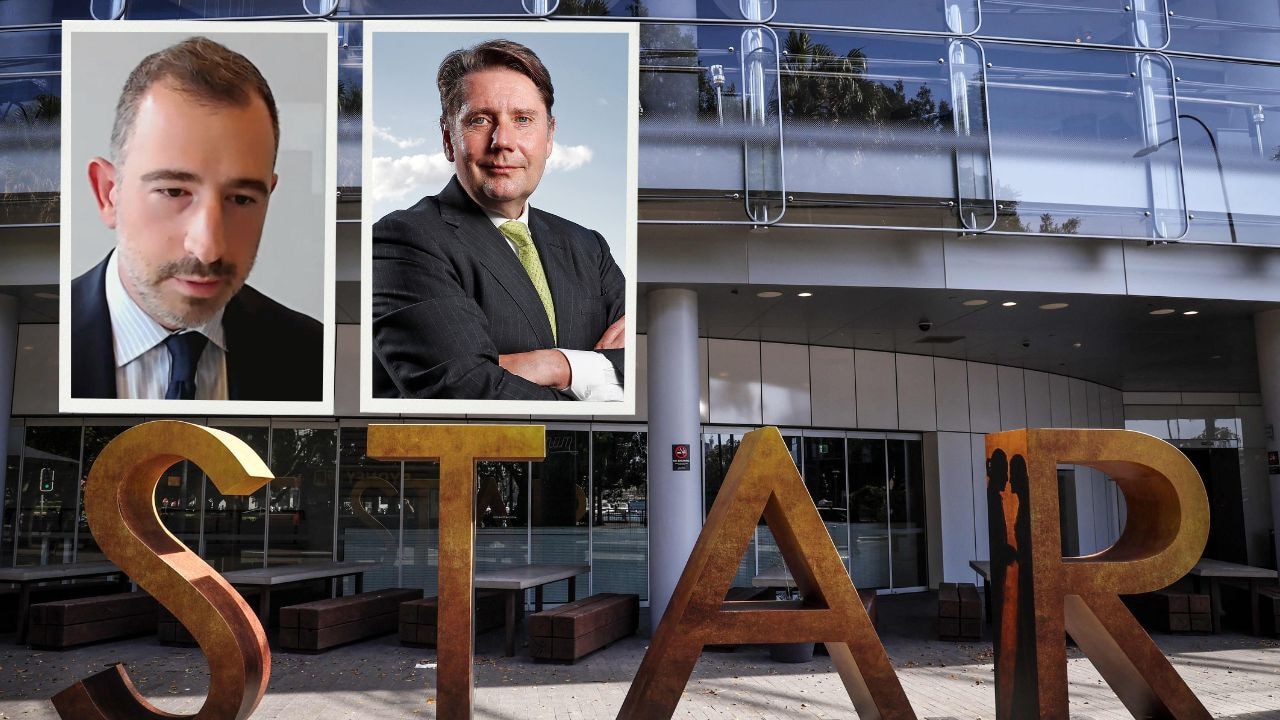Religious freedom will always be contentious under any government
The Ruddock inquiry into religious freedom appears to address only one of the two key problems.
Assuming the leaked recommendations of the Ruddock inquiry into religious freedom have been accurately reported, the inquiry appears to address only one of the two chief problems faced by religious organisations under much of state and territorial anti-discrimination legislation.
The first major problem for religious organisations under this kind of legislation — and not the subject of any of the Ruddock recommendations — is that these statutes often make unlawful statements that are offensive or insulting to various groups in the community.
This means that it is open to members of those groups to make a complaint on the basis that, for example, a church teaching that same sex relationships are wrong is a contravention of the legislation and so unlawful.
Such a complaint was made against the Catholic Archbishop of Hobart in 2015 but was not proceeded with. Even if this kind of complaint is ultimately not made out, however, it is likely to involve the defendant in time-consuming and expensive legal proceedings before that point is reached.
It might be noted that this particular problem is not just one for churches because these kinds of provisions, similar in their operation to section 18C of the federal Racial Discrimination Act, can obviously operate to stifle public debate on important political, social and economic issues.
Some people are very easily offended and, when those sensitivities can result in protracted legal proceedings, there is a real disincentive for writers and speakers to engage in many kinds of public discussion.
The second significant problem posed for religious organisations by anti-discrimination legislation is that it may preclude them employing persons on the basis that they share the same religious beliefs and so will endorse church teachings in their work.
This is particularly important for churches that have schools as part of their activities, given that one aspect of the curriculum in these schools is naturally church doctrine.
On this question the Ruddock inquiry recommended that the federal Sex Discrimination Act should be amended to provide that religious schools are able to discriminate in relation to the employment of staff on the basis of sexual orientation, gender identity or relationship status where the discrimination is founded on the precepts of the relevant religion.
The effect of this would be to allow discrimination against, for example, an applicant for a teaching position who appeared unable to endorse at least some of the religious doctrines that the school was established to promote.
It might be noted, however, that the inquiry recommended that religious schools should not be able to discriminate against applicants for employment on the basis of race, disability, pregnancy or intersex status and that any such discrimination allowed by state or territorial legislation should be abolished.
If one or both of the two chief problems are to be addressed by federal legislation, it would be necessary for this legislation to attempt to override many of the state and territorial anti-discrimination provisions that enable complaints to be made about church teaching and prohibit discriminatory church school employment practices.
One possible basis for this kind of federal legislation would be the International Covenant on Civil and Political rights which has been ratified by Australia and refers at one point to the right to freedom of religion.
On one argument an employment exemption for religious educational bodies already exists in the federal Sex Discrimination Act which allows employment discrimination on the grounds of sexual orientation and gender identity if done “in good faith in order to avoid injury to the religious susceptibilities of adherents of that religion or creed”.
There are also exemptions in some state statutes, for example, in NSW where its anti-discrimination statute provides that nothing in that legislation affects “any other act or practice of a body established to propagate religion that conforms to the doctrine to that religion” or “the appointment of any person in any capacity by a body established to propagate religion”.
This would appear, on its face, to deal with the two problems of religious teaching and employment practices. But, if existing federal legislation does not in fact exempt discriminatory employment practices, any state exemption for them would be inconsistent with the federal legislation and so inoperative to that extent.
The legal position is, therefore, far from clear in relation to employment, although the Ruddock recommendations do attempt to address this problem.
They do not, however, as already noted, deal with the problem of religious teaching that may be offensive to some individuals.
All this legal speculation may, however, be entirely academic. It seems unlikely that the government would be able to pass legislation about religious freedom through the Senate where it would almost certainly be opposed by Labor and the Greens. Its prospects of surviving the next election so as to introduce such legislation after that time would appear to be very unpromising. Nevertheless, questions of religious freedom are part of the wider issue of freedom of speech and that will continue to be the subject of controversy in Australia no matter who is in government.
Michael Sexton SC is the author of a number of books on Australian history and politics.


